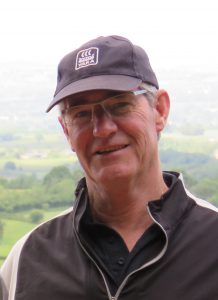 Foreword
Foreword
The European Initiative for Sustainable Development in Agriculture (EISA) was founded with the common aim of developing and promoting Integrated Farm Management (IFM) throughout Europe. Integrated Farm Management is a sustainable system which helps farmers improve the way they farm for the profitability of their business, the benefit of the environment, and social responsibility, including all important aspects of sustainable development. A detailed description and characterisation of Integrated Farm Management is available on the EISA website www.sustainable-agriculture.org.
In 2016, national organisations from France, Luxembourg, Germany, Hungary, the United Kingdom, Sweden and the Netherlands supported EISA as full members, and six organisations from the agricultural supply chain supported the organisation’s work as Associate Members. EISA works closely with EU institutions and other stakeholders to contribute to the development of agricultural and environmental policies in Europe.
EISA members help create a better public understanding of agriculture through a Network of Working Farms and various other communication and demonstration activities. They bring farmers and consumers together to raise awareness of how farmers are working in harmony with nature to efficiently produce good, safe food and renewable resources with economic, environmental and social care.
The EISA Annual Report 2016 presents an overview on EISA’s and National EISA Members’ activities as well as brief descriptions of the organisation’s six Associate Members. Many of EISA’s and EISA members’ activities are part of long-lasting projects often being performed year after year or even several times per year.
If you are interested in receiving further information or in getting involved on the national or the European level, you are more than welcome to contact EISA and EISA members for more details. (Read full Annual Report here)
Patrick Wrixon, EISA President
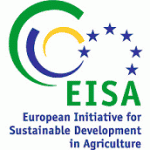 Brief Annual Report published
Brief Annual Report published
 EISA’s Policy Officer Martijn Buijsse discusses some of the issues facing sustainable agriculture in Europe
EISA’s Policy Officer Martijn Buijsse discusses some of the issues facing sustainable agriculture in Europe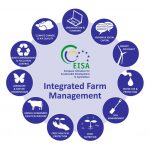 24 May, 2017
24 May, 2017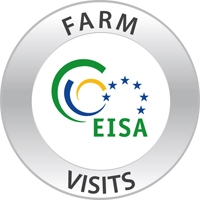 May 3rd, 2017
May 3rd, 2017 Foreword
Foreword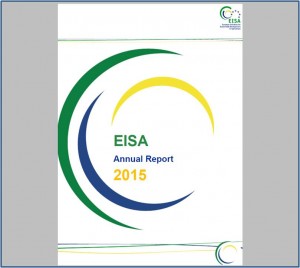
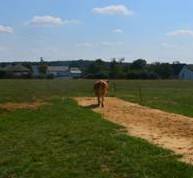 Integrated Farming Topic Sheet no 7 / 2016
Integrated Farming Topic Sheet no 7 / 2016